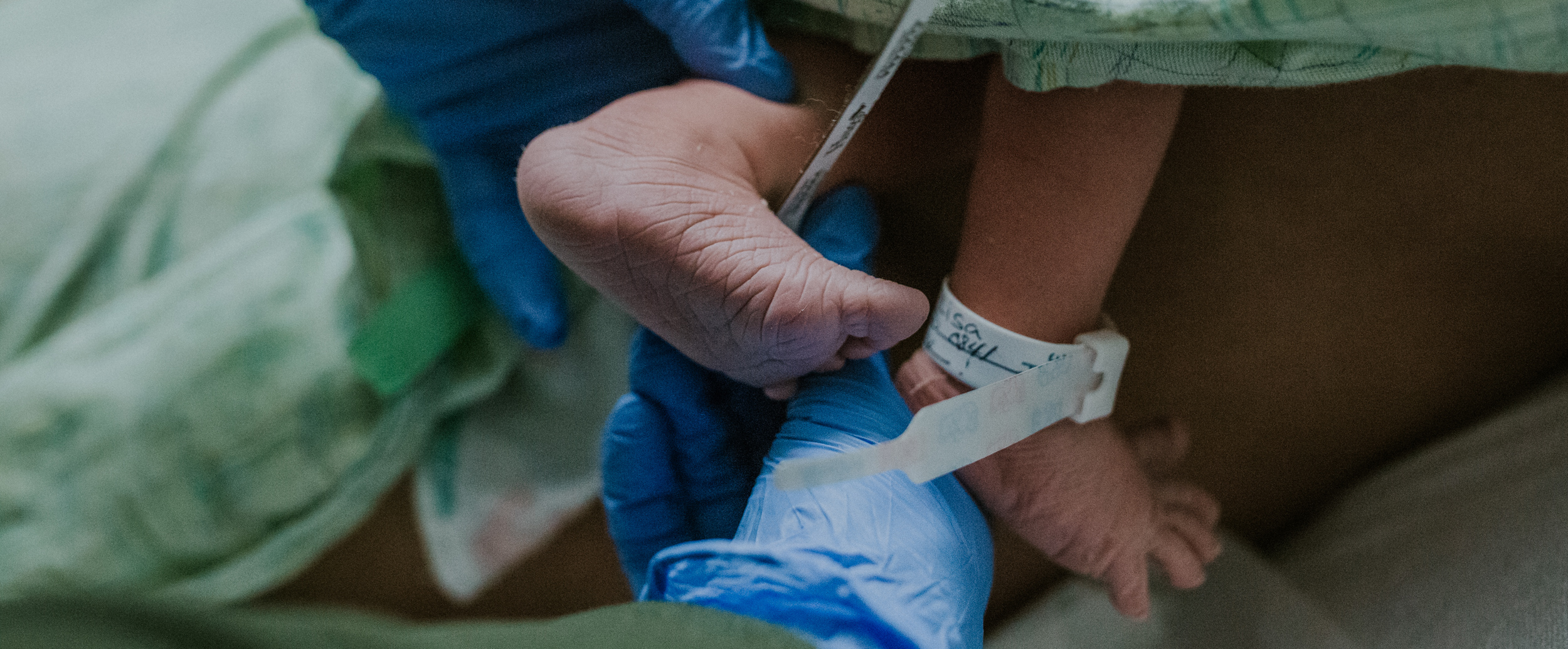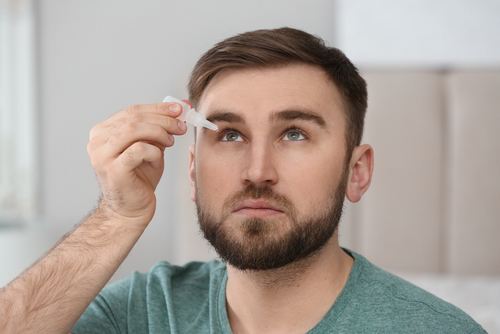£29,500 Settlement
Hannah, 36 years old, from Leeds, pursued a medical negligence claim regarding the tragic death of her daughter, Scarlett, at just one day old.
Scarlett was born in a good condition, but Hannah was noted to have a raised temperature. As the day progressed Scarlett’s condition deteriorated, she appeared sleepy, uninterested in the bottle and blood was found to be in her nappy. Hannah was reassured by the midwife that all was normal. In the early hours of the evening Scarlett appeared blue in colour and was cold to the touch. The Neonatal team attended and commenced resuscitation attempts; unfortunately these were unsuccessful and baby Scarlett was shortly pronounced dead. Hannah was present throughout the resuscitation attempts and witnessed her daughter’s death.
A port-mortem identified that Scarlett had extensive bacterial pneumonia and Group B Streptococcus could not be excluded. Group B Streptococcus is a common bacterium often carried in the intestines. It is usually harmless in adults, but in newborns it can cause serious illness. An Inquest was carried out which made a finding of neglect against the Defendant Trust.
Hannah instructed Pryers Solicitors to investigate a potential clinical negligence claim against the Hospital Trust. Pryers alleged that the Hospital Trust failed to provide an adequate level of care to Hannah and Scarlett, in that they: –
- Failed to instigate treatment regarding Group B Streptococcus and failed to follow their own Protocols;
- Failed to carry out observations on Hannah post-delivery, despite her raised temperature;
- Failed to commence neonatal observations on Scarlett in the morning when there were notable signs of deterioration, uninterested in the bottle, sleep and blood present on nappy;
- Failed to commence antibiotic therapy in a timely manner.
Hannah suffered a psychiatric injury as a result of witnessing, first hand, her daughter’s deterioration and death. As she was not the patient herself, she was classed in law as a “secondary victim”. Over the years, the courts have determined that such a claim must satisfy the following criteria: –
- that the psychiatric injury is caused by ‘shock’ from ‘the sudden appreciation by sight or by sound of a horrifying event, which violently agitates the mind’;
- that the person had a close tie of love and affection with the deceased;
- that the person was sufficiently close in time and space to the ‘shocking’ event; and
- that the injury suffered arose from witnessing the death of the deceased.
Pryers Solicitors obtained independent medical evidence from a Consultant Psychiatrist who confirmed Hannah suffered a recognised psychiatric injury, above and beyond that of normal grief, and that she satisfied the tests for bringing a “secondary victim” psychiatric injury claim.
The Trust put forward an offer of settlement to represent the statutory bereavement award, psychiatric illness and future counselling costs. Settlement negotiations took place and Hannah was happy to accept a settlement in the sum of £29,500.



